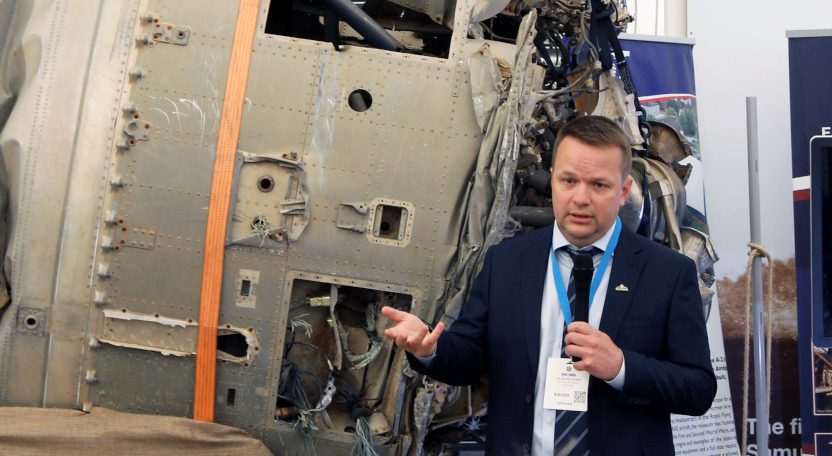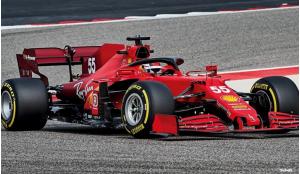British rocket company Skyrora has called on the UK space industry to support its efforts to find Prospero - the first British satellite to have been launched successfully by a British rocket - and remove it from orbit.
Skyrora founder and CEO Volodymyr Levykin was joined by British astronaut Tim Peake in issuing the call to government agencies, space companies and academia to develop a technical plan to de-orbit the 66 kg satellite. Skyrora’s own space tug orbital transfer vehicle (OTV) is set to play a significant role in the mission, which could be Skyrora’s first full deployment of its OTV to help address the space junk problem.
Prospero was launched on the Black Arrow rocket from Woomera, South Australia, in October 1971. Hidden within the fairing, Prospero would be the first British satellite launched from a British rocket. In 2018, Skyrora recovered the first stages of Black Arrow-R2 and R3 from its landing site in the South Australian outback.
Half a century later, Prospero continues in orbit and remains the only British satellite launched from a British rocket. The satellite could be heard transmitting on 137.56 MHz as late as 2004. It’s longevity, however, retrospectively serves to represent the importance of de-orbital services.
Speaking at the launch of ‘Finding Prospero’, Volodymr Levykin said: “The UK is a world leader in space technology, and today as a country we are embarking on a new chapter of space innovation. By recovering Prospero, we are not only coming together as a space nation and taking responsibility for what we have launched into orbit, but also confirming our commitment to the sustainable use of outer space.”
Earlier this year, Skyrora successfully completed trials of the third stage of its XL rocket, including its OTV, a vehicle that can re-fire its engines around 15 times to complete tasks such as de-orbiting defunct satellites.
A mission to de-orbit Prospero could be the space tug’s first real-world deployment and a demonstration of its long-term potential. Space debris - the ever-increasing volume of redundant satellites orbiting Earth - is one of the biggest problems facing the global space industry.
The OTV is one part of Skyrora’s efforts to lead the space industry in sustainability. The company uses 3D printing in the manufacture of its rockets and has also developed its own green rocket fuel, Ecosene. Made from waste plastic, Ecosene could prevent more than 3,000 tons of unrecyclable plastic going to landfill by 2030.
The challenge was issued during an exclusive Skyrora event organised as part of Space-Comm Expo at Farnborough, UK, this week attended by key members of the ROOM Space Journal team Clive Simpson, Mark Williamson and Daniel Smith. It was hosted by TV presenter Dallas Campbell and speakers included Tim Peake, Black Arrow Engineer Terry Brooke, Lord David Willetts and Joanne Wheeler, a leading practitioner in satellite regulation.











